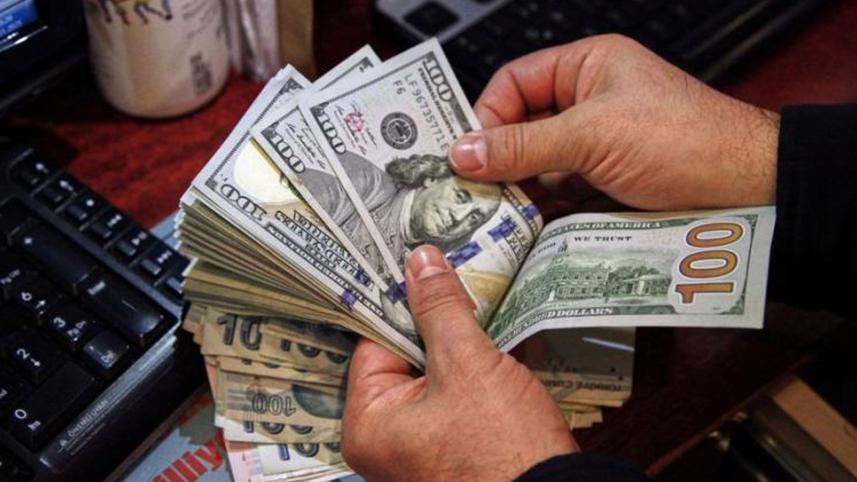Majority of banks not maintaining Tk 1 spread

A majority of banks yesterday did not abide by Bangladesh Bank's instruction to maintain a spread of Tk 1 when buying and selling the US dollar.
The instruction was passed following a bilateral meeting between Bangladesh Bank and commercial banks on Sunday when the central bank cited that it was seeking to bring back stability in the banking sector.
Managing directors of two banks, however, said a majority of banks had already taken adequate measures to maintain the spread to keep the foreign exchange market stable.
The Daily Star contacted five banks to know the rates they were charging for a US dollar.
It found that importers had to purchase each dollar paying up to Tk 109 while the banks in most of the cases offered each greenback for Tk 94 to Tk 95 to exporters.
Some exporters, however, managed to get more than Tk 100 for each US dollar given their bargaining power over banks, said a bank official on condition of anonymity.
Banks availed remittances from foreign exchange house paying a maximum of Tk 109 for each greenback.
The spread, the gap between the purchase price and sale price of a dollar, was not confined to Tk 1.
As per the half-yearly balance sheets of 11 banks of this year, profits increased to 770 per cent compared to that in the same period a year ago.
One bank logged a profit of Tk 146 crore in contrast to Tk 29 crore.
Against this backdrop, the central bank last week asked six banks to transfer their heads of treasury divisions to human resource departments.
In the letters sent to the banks, the BB said the treasury heads had been involved in gaining excessive profits on behalf of their employers.
Selim RF Hussain, chairman of the Association of Bankers of Bangladesh (ABB), a platform of managing directors of banks, said the organisation would issue a letter within a day or two, urging them to follow the spread.
"We are working on it and a meeting will be held among banks soon to implement the decision in a full-fledged manner," he said.
Hussain, also managing director of Brac Bank, went on to hope that the ongoing pressure on the foreign exchange market might ease soon as the ABB was now relentlessly putting in the effort along with the BB and government.
He also said import payments had already started to decline, which should be considered a good sign for the entire macroeconomy.
Ali Reza Iftekhar, managing director of Eastern Bank, said many banks had already started to work on maintaining the spread.
He reckoned that the ongoing pressure in the market would dissipate and normalcy would return in the quickest possible time.
The central bank has already taken a set of measures, bringing a positive impact to the foreign exchange market, he said.
"We have already cut the import of non-essential luxurious items. This has helped reduce import payments substantially and the trend will continue in the foreseeable future," he said.
A rise in imports payments against slower-than-expected export earnings last fiscal year had generated an enormous pressure on the country's foreign exchange market.
Import payments stood at $82.49 billion last fiscal year, up 36 per cent year-on-year, while exports grew 33.45 per cent to $49.24 billion, as per data from the BB.




 For all latest news, follow The Daily Star's Google News channel.
For all latest news, follow The Daily Star's Google News channel.
Comments